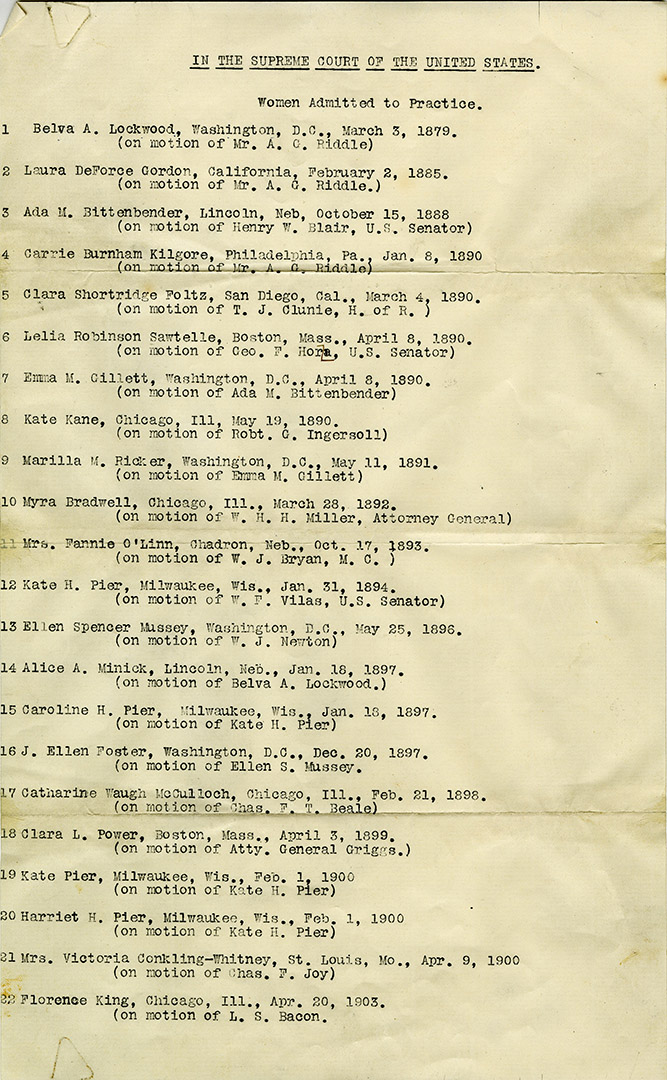Lawyers with supreme court business paid Clarence Thomas aide via Venmo
Payments to Rajan Vasisht, an aide from 2019-21, underscore ties between the justice and lawyers who argue cases in front of him
Stephanie Kirchgaessner in Washington
Wed 12 Jul 2023 11.00 BST
Several lawyers who have had business before the supreme court, including one who successfully argued to end race-conscious admissions at universities, paid money to a top aide to Justice Clarence Thomas, according to the aide’s Venmo transactions. The payments appear to have been made in connection to Thomas’s 2019 Christmas party.
The payments to Rajan Vasisht, who served as Thomas’s aide from July 2019 to July 2021, seem to underscore the close ties between Thomas, who is embroiled in ethics scandals following a series of revelations about his relationship with a wealthy billionaire donor, and certain senior Washington lawyers who argue cases and have other business in front of the justice.
Vasisht’s Venmo account – which was public prior to requesting comment for this article and is no longer – show that he received seven payments in November and December 2019 from lawyers who previously served as Thomas legal clerks. The amount of the payments is not disclosed, but the purpose of each payment is listed as either “Christmas party”, “Thomas Christmas Party”, “CT Christmas Party” or “CT Xmas party”, in an apparent reference to the justice’s initials.
However, it remains unclear what the funds were for.
The lawyers who made the Venmo transactions were: Patrick Strawbridge, a partner at Consovoy McCarthy who recently successfully argued that affirmative action violated the US constitution; Kate Todd, who served as White House deputy counsel under Donald Trump at the time of the payment and is now a managing party of Ellis George Cipollone’s law office; Elbert Lin, the former solicitor general of West Virginia who played a key role in a supreme court case that limited the Environmental Protection Agency’s ability to regulate greenhouse gas emissions; and Brian Schmalzbach, a partner at McGuire Woods who has argued multiple cases before the supreme court.
Other lawyers who made payments include Manuel Valle, a graduate of Hillsdale College and the University of Chicago Law School who clerked for Thomas last year and is currently working as a managing associate at Sidley, and Liam Hardy, who was working at the Department of Justice’s office of legal counsel at the time the payment was made and now serves as a appeals court judge for the armed forces.
Will Consovoy, who died earlier this year, also made a payment. Consovoy clerked for Thomas during the 2008-09 term and was considered a rising star in conservative legal circles. After his death, the New York Times reported that Consovoy had come away from his time working for Thomas “with the conviction that the court was poised to tilt further to the right – and that constitutional rulings that had once been considered out of reach by conservatives, on issues like voting rights, abortion and affirmative action, would suddenly be within grasp”.
None of the lawyers who made payments responded to emailed questions from the Guardian.
According to his résumé, Vasisht’s duties included assisting the justice with the administrative functioning of his chambers, including personal correspondence and his personal and office schedule.
Vasisht did not respond to an emailed list of questions from the Guardian, including questions about who solicited the payments, how much individuals paid, and what the purpose of the payments were. The Guardian also asked questions about the nature of Thomas’s Christmas party, how many guests were invited, and where the event took place.
Reached via WhatsApp and asked if he would make a statement, Vasisht replied: “No thank you, I do not want to be contacted.”
Legal experts said the payments to Vasisht raised red flags.
Richard Painter, who served as the chief White House ethics lawyer in the George W Bush administration and has been a vocal critic of the role of dark money in politics, said is was “not appropriate” for former Thomas law clerks who were established in private practice to – in effect – send money to the supreme court via Venmo.
“There is no excuse for it. Thomas could invite them to his Christmas party and he could attend Christmas parties, as long as they are not discussing any cases. His Christmas party should not be paid for by lawyers,” Painter said. “A federal government employee collecting money from lawyers for any reason … I don’t see how that works.”
Could not connect to the reCAPTCHA service. Please check your internet connection and reload to get a reCAPTCHA challenge.
Privacy Notice: Newsletters may contain info about charities, online ads, and content funded by outside parties. For more information see our Privacy Policy. We use Google reCaptcha to protect our website and the Google Privacy Policy and Terms of Service apply.
after newsletter promotion
Painter said he would possibly make an exception if recent law clerks were paying their own way for a party. But almost all of the lawyers who made the payments are senior litigators at big law firms.
continues at
https://www.theguardian.com/us-news/202 ... reme-court 